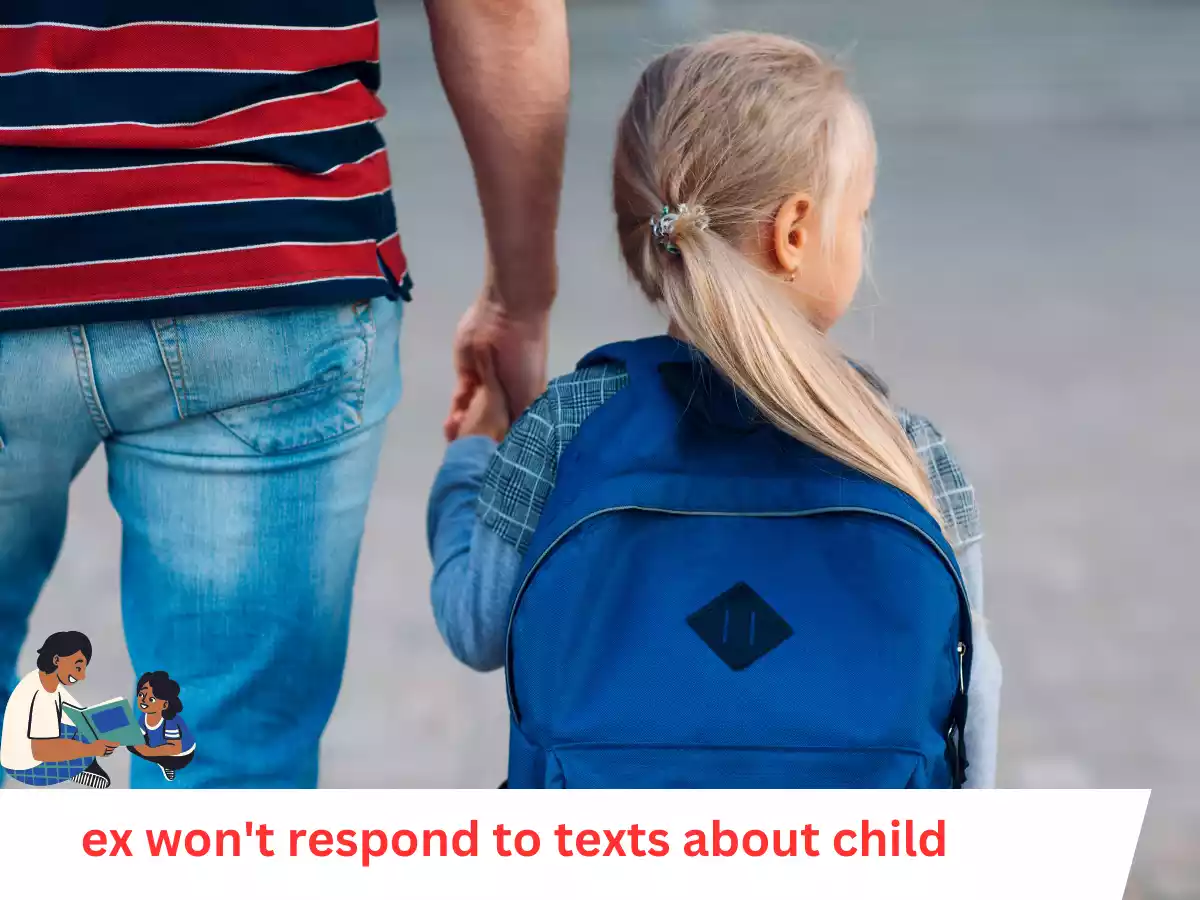Introduction: ex won’t respond to texts about child
Co-parenting after a separation or divorce can be a complex journey filled with emotional and logistical challenges. One of the common issues that arise is when your ex-partner fails to respond to texts regarding your child. This article dives into the intricacies of dealing with unresponsive exes in co-parenting scenarios, offering insights and strategies to ensure effective communication for the well-being of your child.
Understanding the Importance of Communication
Putting the Child First
In co-parenting, communication is essential for making joint decisions that affect your child’s life. Whether it’s about scheduling, health matters, or important events, prompt and open communication is crucial for ensuring that both parents remain involved in the child’s upbringing.
Emotional Toll
When an ex ignores texts related to your child, it can trigger frustration, anxiety, and feelings of powerlessness. As a parent, your concerns for your child’s welfare are natural, making unresponsiveness particularly distressing.
Addressing Potential Reasons for Unresponsiveness
Emotional Distance
Sometimes, an unresponsive ex may be struggling with their emotions post-separation, making it difficult for them to engage in discussions related to the child.
Miscommunication
Misunderstandings or misinterpretations of messages can lead to silence. Clarifying your intentions and maintaining a neutral tone in your texts can help avoid such misunderstandings.
Strategies for Effective Communication
Be Clear and Concise
When texting about your child, be specific and to the point. Clear messages make it easier for your ex to understand the purpose of your communication.
Use Neutral Language
Avoid using accusatory or confrontational language, which can escalate tensions. Keep your tone neutral and focus on the child’s well-being.
Set Expectations
Establish expectations for communication with your ex. Agree on preferred methods of contact and response times to ensure consistency.
Explore Alternate Channels
If texting isn’t effective, consider using other communication platforms, such as email or dedicated co-parenting apps. Choose platforms that both parties are comfortable with.
Seeking Professional Help
Mediation
If communication remains a challenge, mediation can provide a neutral space for both parents to express their concerns and work towards improved communication strategies.
Co-Parenting Counseling
Co-parenting counseling can offer guidance and tools for effective communication. A professional can help you navigate challenges and find common ground for the sake of your child.
Conclusion
Co-parenting involves cooperation, understanding, and effective communication. When your ex-partner is unresponsive to texts about your child, it can create additional stress and uncertainty. By focusing on clear communication, empathy, and seeking professional support when needed, you can foster a healthy co-parenting dynamic that benefits your child’s well-being.
FAQs About Dealing with an Unresponsive Ex in Co-Parenting
- Why is communication with my ex so important in co-parenting?
Effective communication ensures that both parents remain involved in important decisions affecting the child’s life. - What if my ex’s unresponsiveness is affecting my emotional well-being?
It’s essential to prioritize your emotional well-being. Seek support from friends, family, or a counselor to cope with the stress. - Should I keep sending messages even if my ex doesn’t respond?
While persistence is important, consider adjusting your communication approach and exploring alternate channels if needed. - How can I prevent misunderstandings in my texts to my ex?
Use clear and concise language, focusing on the child’s needs, and maintaining a neutral tone to avoid misunderstandings. - When is it appropriate to seek professional help for co-parenting issues?
If communication challenges persist, consider mediation or co-parenting counseling to facilitate healthier communication and cooperation.























